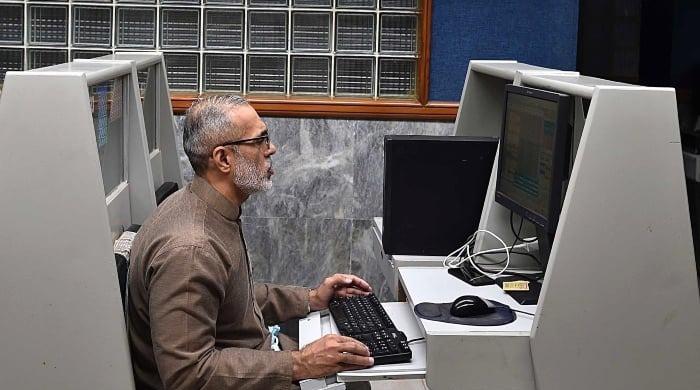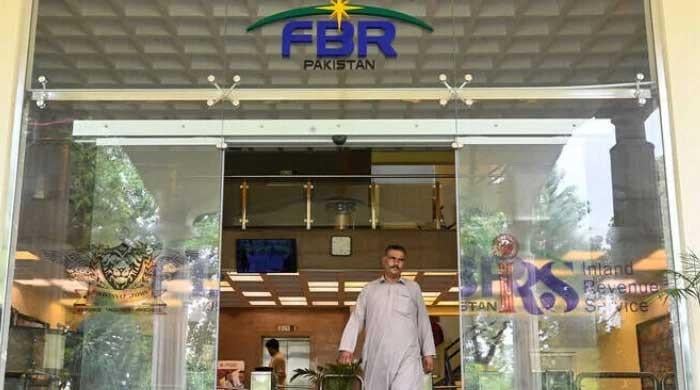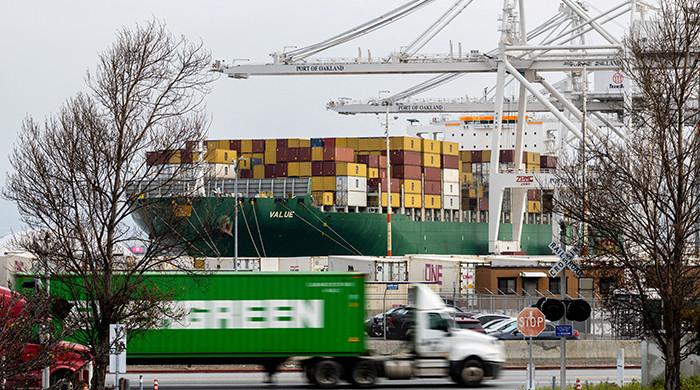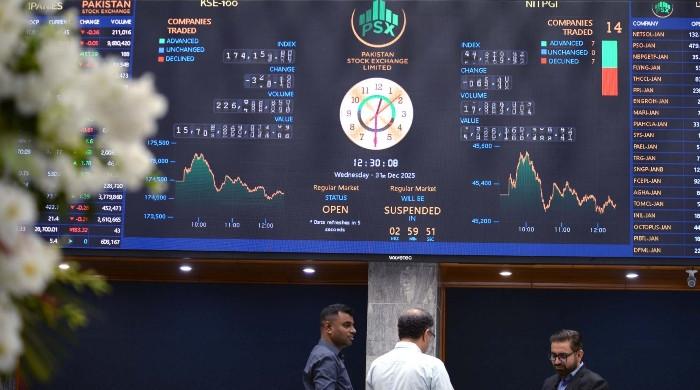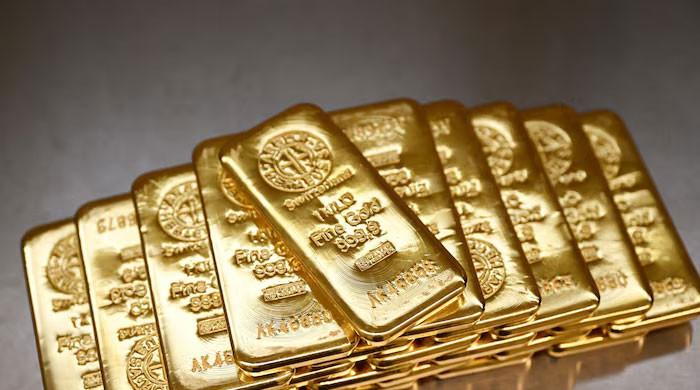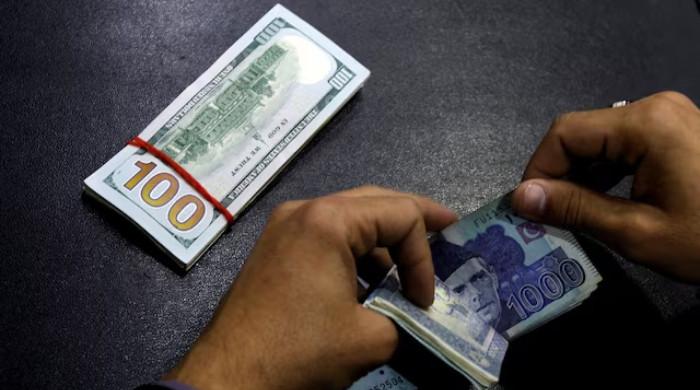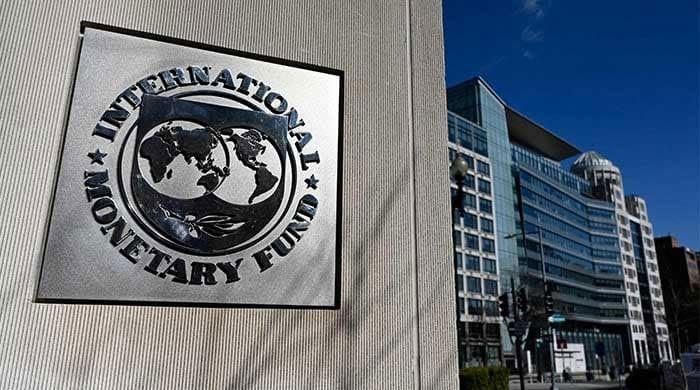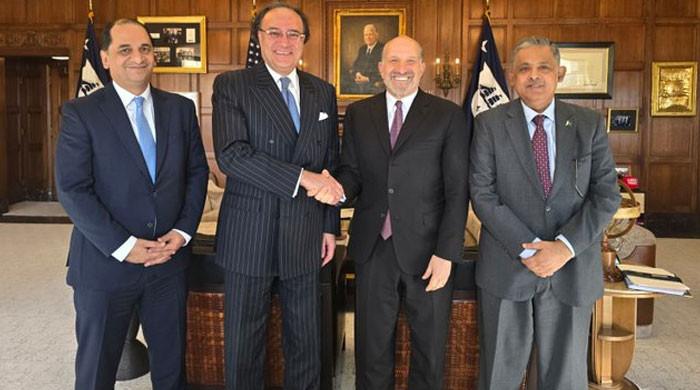Hike in petrol, food prices push weekly inflation up by 0.78%
CPI is expected to fall in August due to high base effect, says analyst
August 19, 2023
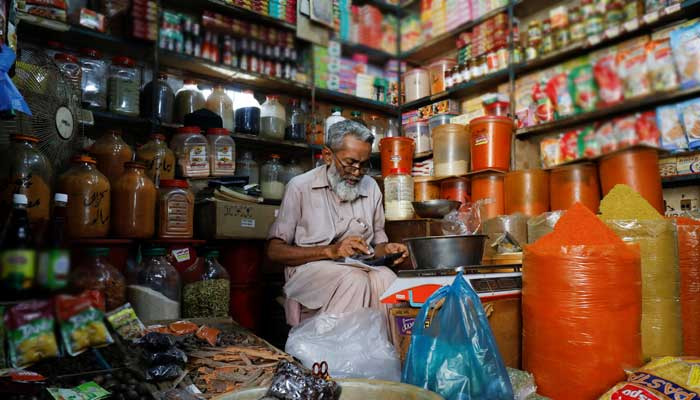
- Hike in prices provide biggest boost to country's SPI inflation.
- PBS data shows annual number went up 27.57%.
- SPI recorded at 275.57 points against 273.43 points registered last week.
KARACHI: The hike in prices of petrol, rice and sugar provided the biggest boost to the country's Sensitive Price Index (SPI), which continued to rise during the week ending August 17, 2023.
The data published by the Pakistan Bureau of Statistics (PBS) on Friday showed that weekly inflation grew 0.78%, while the annual number went up 27.57%, easing slightly from last week’s 30.82%.
The PBS attributed the increase in the SPI to rising prices of several daily use items including chilli powder, rice, sugar, poultry, petrol and diesel, up to more than 7%.
Meanwhile, up to 13% decline in the prices of tomatoes, cooking oil, ghee and wheat flour and other items was also observed.
For the week under review, the SPI was recorded at 275.57 points against 273.43 points registered last week and 216.02 points recorded during the week ended August 18, 2022.
Fahad Rauf, head of research at Ismail Iqbal Securities, said the increase was mainly on account of petroleum prices, but it is important to note that the price of some key food items like rice and sugar also increased. Some of which can be linked to the rise in international prices.
“CPI (consumer price index) is expected to fall in August due to high base effect. However, inflation continues to rise on monthly basis. Moreover, given the recent rupee depreciation, more inflationary pressures could build,” Rauf added.
PBS compiles SPI via collecting prices of 51 essential items from 50 markets in 17 cities of the country. During the week, out of 51 items, prices of 32 (62.75% ) items increased, 7 (13.72%) items decreased and prices of 12 (23.53%) items remained unchanged.
Rising inflation has added considerably to the wealth gap, with the brunt of the impact being felt by the working classes. Food is going out of reach for those receiving minimum or even lower wages in the informal sector.
As per PBS archives, a wheat flour bag was priced at Rs385.73/10kg (Rs771.46/20kg) during the week ended August 16, 2018, and a person earning Rs15,000 minimum wage spent 5% of their income on the essential commodity.
Currently, at Rs32,000/month, a person is spending 9% of their minimum wage on just buying a 20kg bag of wheat flour, which is being sold for Rs2,824.73 on average.
Similarly, the spending on cooking oil has also increased from 6% of minimum wage in August 2018 to 9% of minimum wage in 2023. The price of cooking oil was Rs960/5 litres back in August 2018, which now stands at Rs3,019.66/5 litres.




